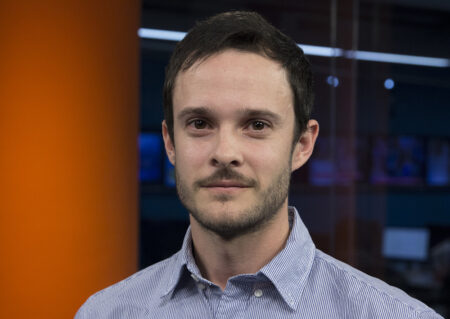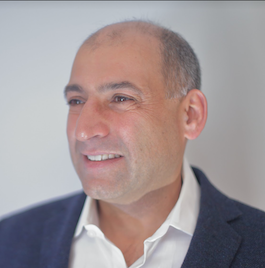“가설 재확인”
아르헨티나의 디지털 헬스 회사 뷰마인드(ViewMind)는 몇 년 전, 룩셈부르크에 유럽 지사를 개설했다. 뷰마인드 CEO Mark Edwards와 COO Matias Shulz는 유럽 시장을 목표로 하는 국제 기업으로써, 보조금과 가능한 연구 협력 또는 초기 단계 자본의 가용성과 같은 기회를 찾는 것이 중요하다고 생각하여 룩셈부르크를 선택했다.
 Matias Shulz: The obvious first step when going abroad is to assess whether there is an available market where you can bring unique added value and create entry barriers to help protect your technology from the competition. You also need to look for that eye-catching opportunity: a grant, a possible research collaboration, or the availability of early-stage capital, for example.
Matias Shulz: The obvious first step when going abroad is to assess whether there is an available market where you can bring unique added value and create entry barriers to help protect your technology from the competition. You also need to look for that eye-catching opportunity: a grant, a possible research collaboration, or the availability of early-stage capital, for example.
You also need to look for that eye-catching opportunity: a grant, a possible research collaboration, or the availability of early-stage capital, for example.
Luxembourg caught our eye due to its numerous initiatives aimed at helping people in the early stages of dementia and the willingness of the government to work with healthtech companies. We saw that our technology could fit this culturally very diverse country. We successfully applied to the accelerator programme Fit 4 Start – an amazing opportunity that provided us with expert mentoring, excellent access to key institutions and equity-free early-stage funding.
No “one size fits all”
Mark Edwards: For healthtech companies in particular, it is not possible to target the European market with a “one size fits all” approach. The reimbursement system for medical devices, and the healthcare system in general, differ from country to country.
Just because your product works very well in Latin America, for example, it is not sure that it fits Europe.
Matias Shulz: Another specific characteristic of Europe is the diversity of languages and cultures. A product that works well in one country usually needs to be adapted and translated into the local language for each new market. In addition, just because your product works very well in Latin America, for example, it is not sure that it fits Europe. You need to go there and revalidate all your assumptions.
Target the European market one step at the time
 Mark Edwards: Because of these complexities, it is not possible to go for all European markets simultaneously. You have to priorities which ones to pursue initially, and have a strategy for how to address other countries over time. We decided to start working in Luxembourg, not only because it is close to Germany and the UK, two of our most attractive markets, but because health authorities and local partners are accessible and willing to collaborate.
Mark Edwards: Because of these complexities, it is not possible to go for all European markets simultaneously. You have to priorities which ones to pursue initially, and have a strategy for how to address other countries over time. We decided to start working in Luxembourg, not only because it is close to Germany and the UK, two of our most attractive markets, but because health authorities and local partners are accessible and willing to collaborate.
We decided to start working in Luxembourg, not only because it is close to Germany and the UK, but because health authorities and local partners are accessible and willing to collaborate.
Matias Shulz: Luxembourg also has the advantage of having the most multinational population in the EU, and authorities are open to start working with English-version products. As the country is too small for most companies to subsist on the local market only, the government actively connects companies with opportunities elsewhere and focuses on creating value that can be exported. High-level officials are also exceptionally open to interact with companies, even to the point that a small business like ours can have a direct, personal contact with government ministers. This helps us validate our product and business model faster and provides the basis for further expansion abroad.
Finding the right local partner
Mark Edwards: An important success factor is also finding the right local partner who already has all the right contacts – in our case, we need to connect with hospitals, neurology doctors and key opinion leaders in our field, as well as with investors and government bodies.
This shows just how pragmatic a country can be.
Matias Shulz: We are working with the Luxembourg Institute of Health (LIH) and the University of Luxembourg. We have recently won a grant to work together on a product for measuring the neurological long-term impact of COVID among elderly people. This is the first time ever that we have seen a country offer grants aimed at validating technologies and helping to take them to the market. This shows just how pragmatic a country can be.

